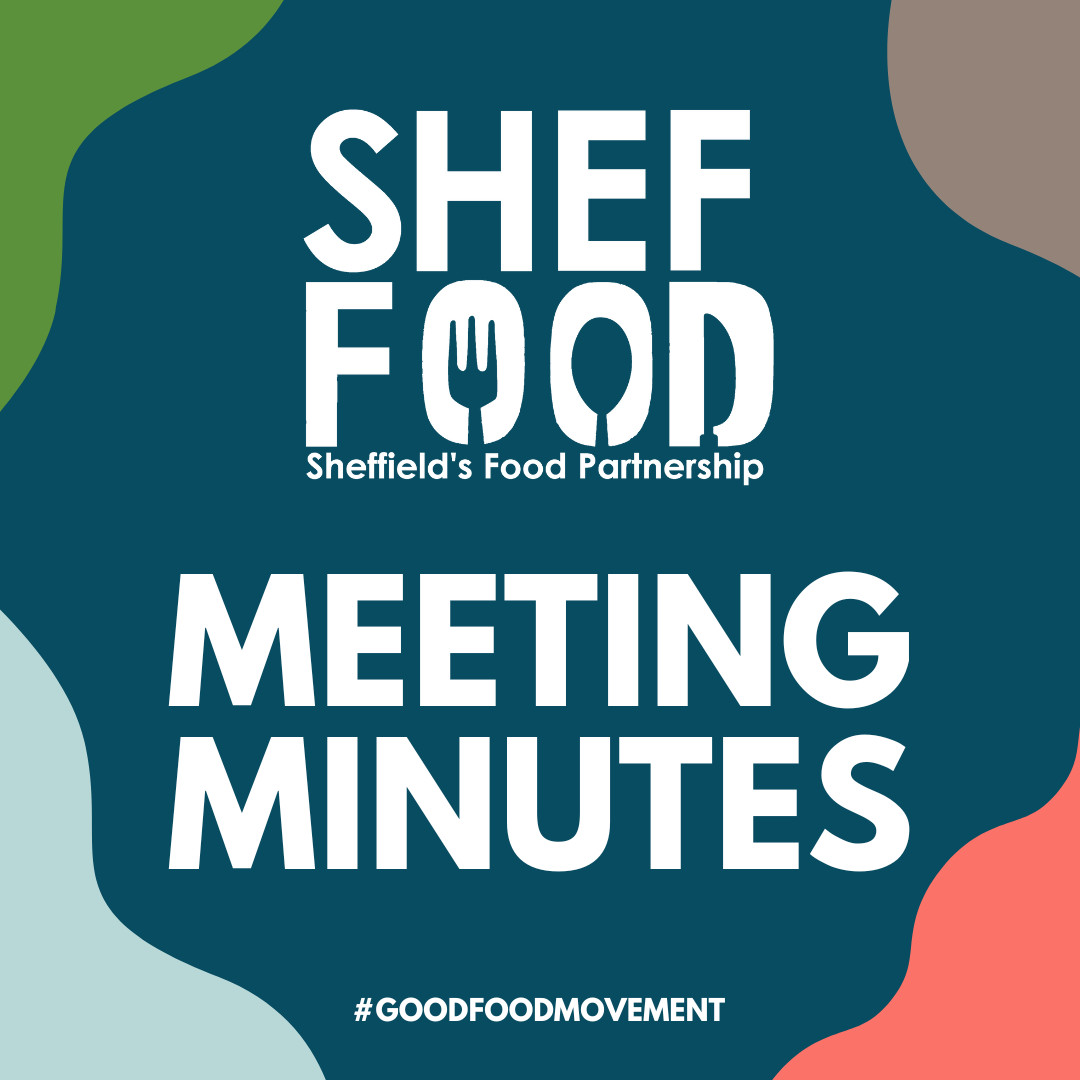Time: October 25th 1-3pm
Place: Heeley City Farm
Composting involves accelerating the natural decomposition of organic matter by providing an ideal environment for bacteria, fungi, and other decomposing organisms to do their work. It produces compost to be used as fertiliser/for growing food.
Biodigestion or anaerobic digestion occurs when organic matter is decomposed by bacteria in the absence of oxygen. This process of anaerobic decomposition releases biogas, containing methane and carbon dioxide. Biogas can be burned for cooking and heating. Digestate can be pasteurised and added to soil.
Types of composting
- Windrow: Long rows or piles of organic material. Used for large volumes of organic material and produces large quantities of compost. Requires a mix of green and brown waste. Needs to be mechanically turned to introduce oxygen for the decomposition process. Needs lots of space. Labour intensive. Low cost.
- Passively aerated windrows: Windrow piles perforated with pipes to introduce oxygen. Slightly higher cost than windrow, but less labour intensive and eliminates need for mechanical turning.
- Force aerated windrows: Windrow piles perforated with pipes through which air is actively forced. No turning. Higher cost, including maintenance costs. Requires less space and less labour.
- In-vessel: Includes a range of approaches which can be very high tech (e.g. a bioreactor) or less high tech. Typically this is the most expensive approach, but less space and labour required and produces compost quicker. Requires some degree of gas release during the process.
- Bin composting: Appropriate for households, can be passively aerated. Organic material inserted from above and taken out from below. Less space required. No turning required. Production of compost using this process takes longer than all the above options.
National Policy:
The Environment Act forbids combining green waste and food waste. This relates to kerbside collection, processing the food waste most effectively. This is a massive shame as balanced input is good.
Net Zero rollback: In Sheffield this may result in Kerbside Collections not going ahead.
What composting is happening in Sheffield?

Further detail on ‘Future Greens from Jake Nickles:
Modern farms that grow food crops in soil-free solutions present a valuable and sustainable source of leafy greens, such as lettuce and spinach. Unlike traditional farming systems that grow crops in soil, modern farms are totally reliant on the application of synthetic fertilisers to supply nutrients essential for plant growth.
The sourcing of synthetic fertilisers has fast become an economic and environmental concern. The production of synthetic fertiliser is responsible for 1-2% of global energy use and its prices susceptible to large increases. For example, since the beginning of the Russia-Ukraine conflict, British fertiliser prices have increased by 139% in the last 12 months.
Our company, Future Greens, specialises in sustainably growing leafy green food crops in a soil-free system. As a solution to the aforementioned problems, this project aims to develop a process for converting waste produced from anaerobic digestion (AD) into a high-quality water-soluble fertiliser suitable for food crops. AD has the double benefit that it can contribute towards our company’s energy demands, reducing our environmental impact.
To achieve this aim, our company has teamed up with researchers at The University of Sheffield in Biosciences and Engineering, who are experts in microbial phosphorus cycling and anaerobic digester design, respectively.
Successful development of our innovative idea would provide a cost-effective, low-carbon alternative to synthetic fertiliser for the UK’s farming industry while unlocking additional revenue for AD plants, contribute towards the UK’s goal of a circular phosphorus economy, and build resilience in the UK food industry.
This project is funded under the Innovate ‘Future Farming Innovation Fund’ and will start in November. Please bear in mind that it is very small scale while the fundamental research is being completed.
Local Food Action Plan commitments on composting:
- Share knowledge and resources about good compost practices and food waste within Sheffield.
- Continue to learn from and participate in composting networks across the country.
- Raise public awareness of the issue and extent of food waste and the potential of composting and other recycling and reuse methods through ShefFood and partners’ communication channels.
Waste and Street Scene Policy Committee
Jade attended the September meeting. An agenda item was removed: the kerbside food waste trial was not considered in light of Rishi Sunak’s Net Zero policy swerve. Confirmed by Cllr. Alexi Dimond. But it is still enshrined in the Environment Act.
It was supposed to be a reflection on the outcomes of the kerbside trial. Then it was said that it was going to be moved to the 15th November meeting. But it is now moved again – or dropped?
9000 households were in the trial, across different socio-economic areas of the city.
Action: Has a report already been produced?
Next Meeting November 15th at 10am. Committee questions need to be received the week before. Questions can be submitted without attending the meeting.
Emailed questions are then read out at the committee meeting.
December 20th is the next scheduled meeting. No mention of composting / kerbside collection.
February 2024 – meeting discussing recycling strategy. No mention of composting / kerbside collection.
March 2024 – No mention of composting / kerbside collection.
One answer is to pursue decentralised composting, homes and parks. Compost piles are prime habitat for invertebrates.
Case studies that are relevant for Sheffield
Chesterfield – waste management plan / proposal.
Collecting co-mingled food and garden waste at kerbside. Cost is included in Council Tax. Large green bin: grass, cooked and raw kitchen waste, rice, pasta, meat. No cooking oils, cardboard; pet waste; timber or ply. Can be deposited in biodegradable bags. Collected every two weeks.
Comes with warning of smells and maggots. Food waste is allowable in black bin, especially in hot weather when black bin is going to be collected before green.
Processed in vessel composter in Arkwright, Chesterfield. 40K of compost per year.
Cardboard cannot be included as it can contaminate the compost. Dyes, plastic tape and staples cannot be included.
New Environment Act will require weekly food waste collections. Combining with green waste will no longer be permitted. This will mean that they need to change their system.
Outputs: soil improver (solid material, PAS100)
They are being taken to court because of smells escaping from in vessel processing.
New York City
Dept. for Sanitation. Food scraps and garden waste. Various categories: kerbside food waste, xmas trees, leaf fall, general garden waste. Collections available or waste can be taken to a drop-off community run recycling site. Greasy pizza boxes okay! Loads of locations.
You can acquire a Certification of Composting. 7 workshops. They take it very seriously. They supply course materials online. Lots of explanation of terminology and processes.
Compost Works, Liverpool
Mission to make food waste composting accessible to residents. Sites and workshops. Palletised and padlocked, with combination code that only residents receive. Boxes have a hinged top, meaning that they can be located in public parks. Interested residents are added to a Whatsapp group and given compulsory training. The residents have autonomy over the process, deciding when a bin is ready to leave, ready to turn.
90 Households were able to grow fruit and veg in their gardens using the materials. Everyone who puts material in, gets material out.
Community consultation showed that the service is in demand. In fact there is a waiting list to use sites. Finding outlets for the compost can be tricky in urban areas without gardens.
Sheffield Allotment Society
2021: 40 people attended a workshop / bbq.
Three bay composting system. Shredding cardboard is actually a social activity, a good chance to talk. Green, brown, red system to explain which materials belong in which categories.
Residence Life – provide a compost caddy but they don’t market it well.
“Check, chop, balance.”
Leaf mould composting is separate, low nutrient, ideal for raising seeds.
Actions:
- Organise a follow-up meeting to write a question for the next meeting of the Waste & Street Scene Policy Committee
- Ask Waste & Street Scene Policy Committee for a copy of the report on kerbside food waste collection
- Raise community composting with Parks & Countryside Committee

